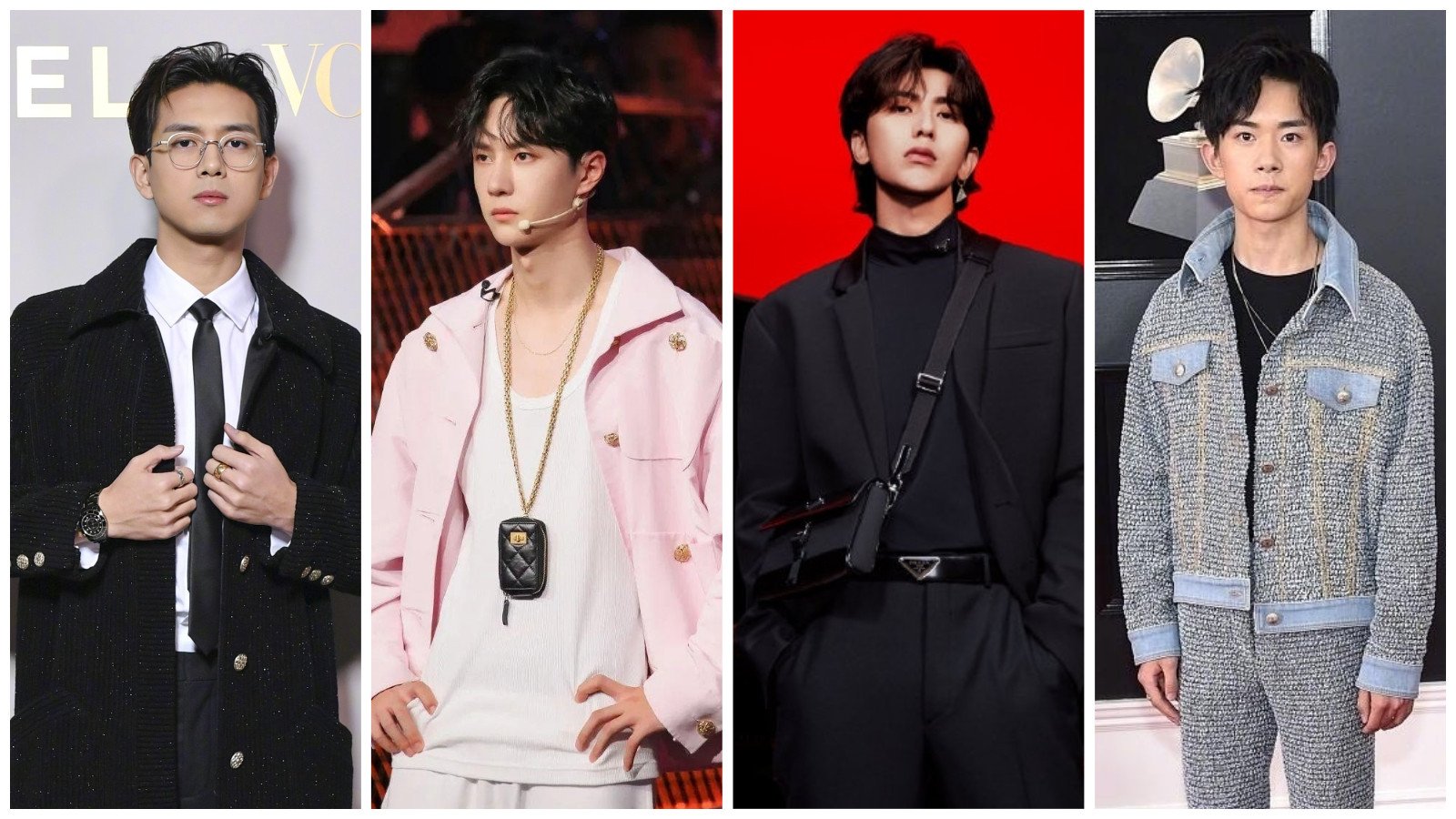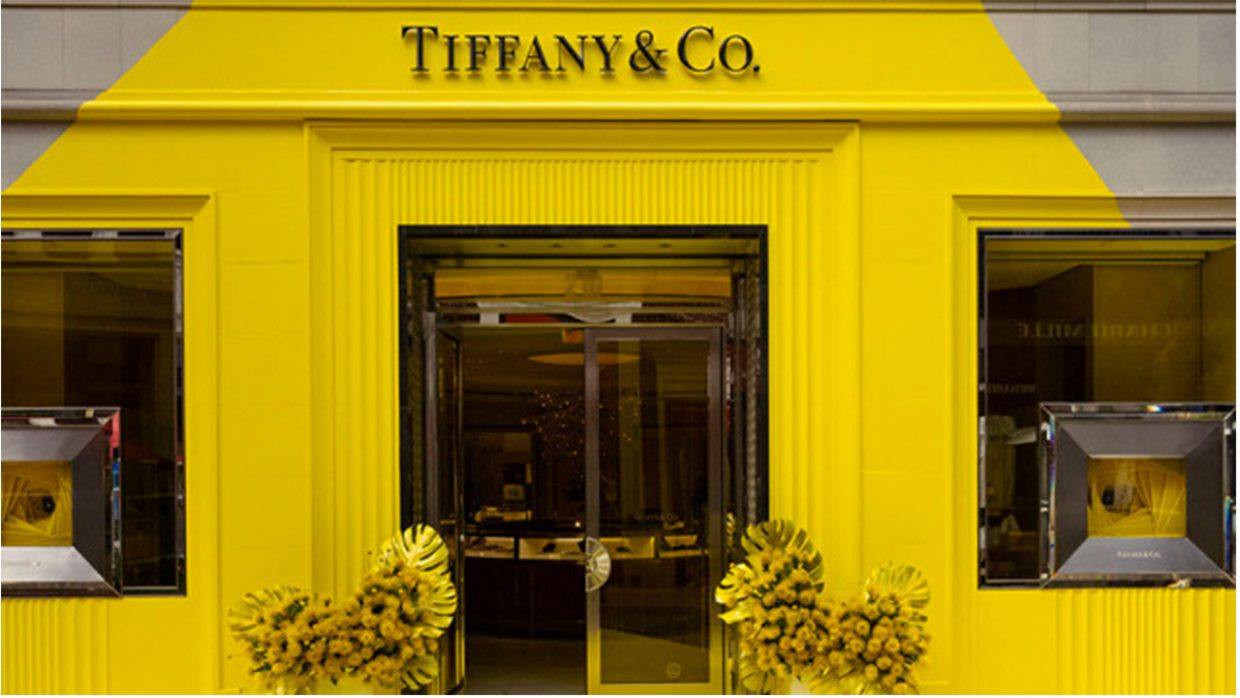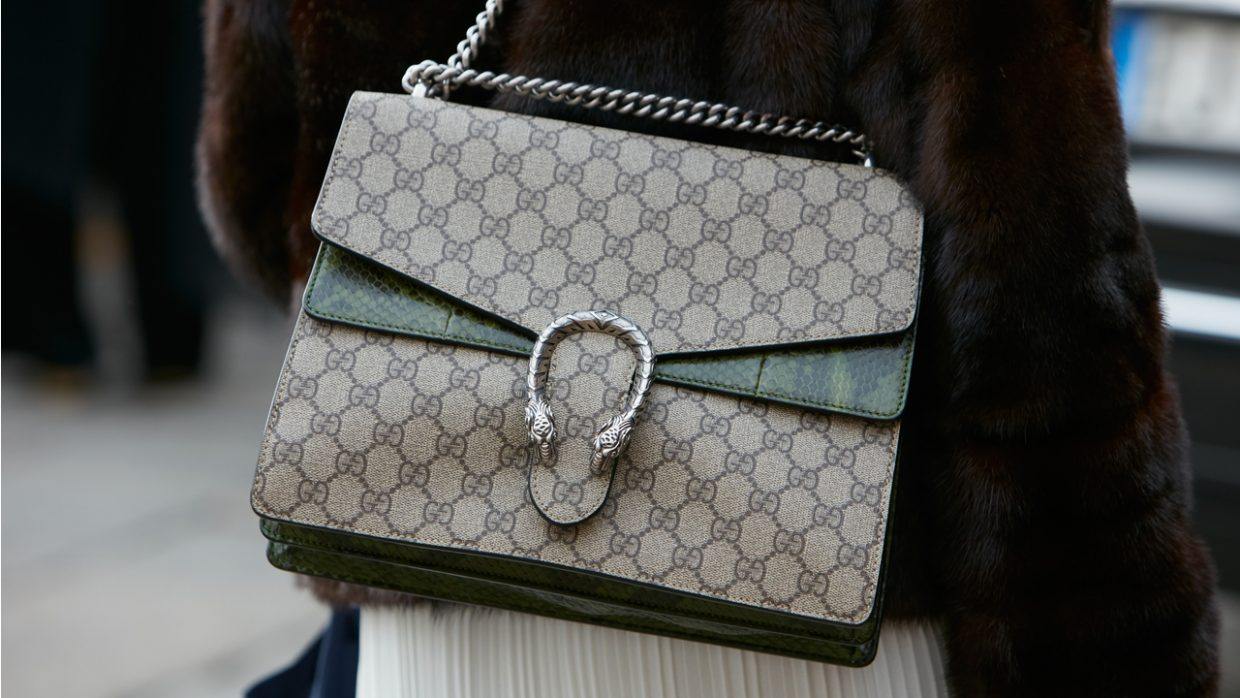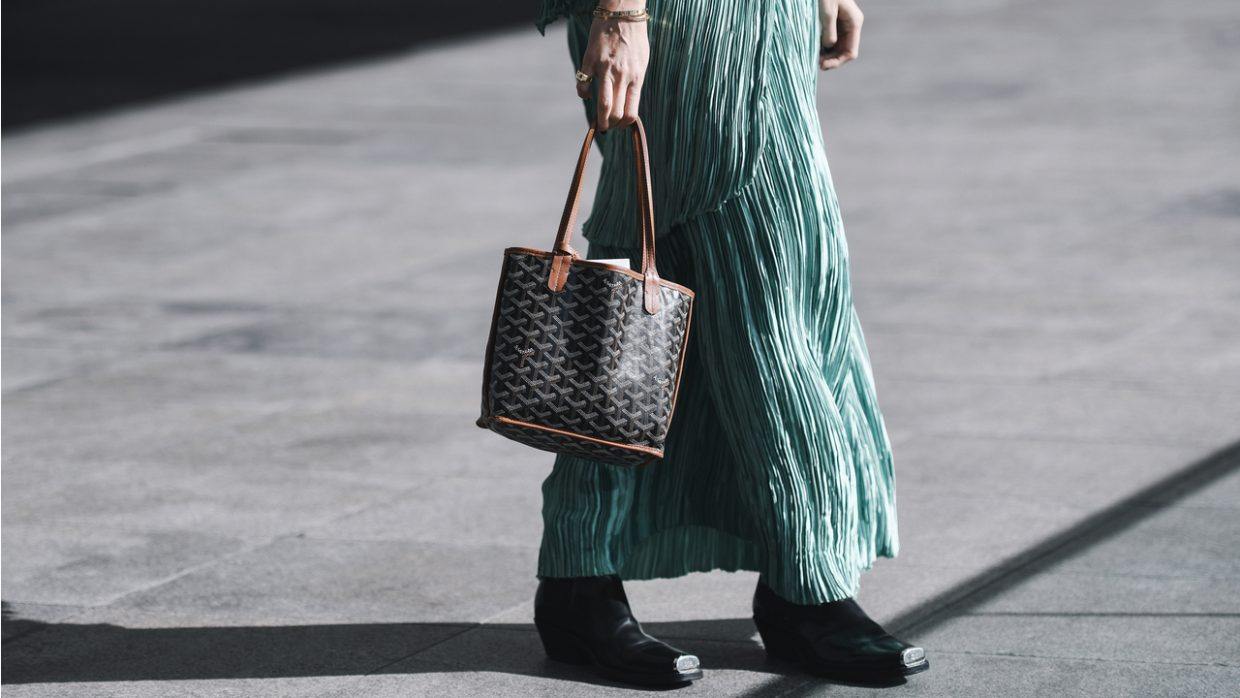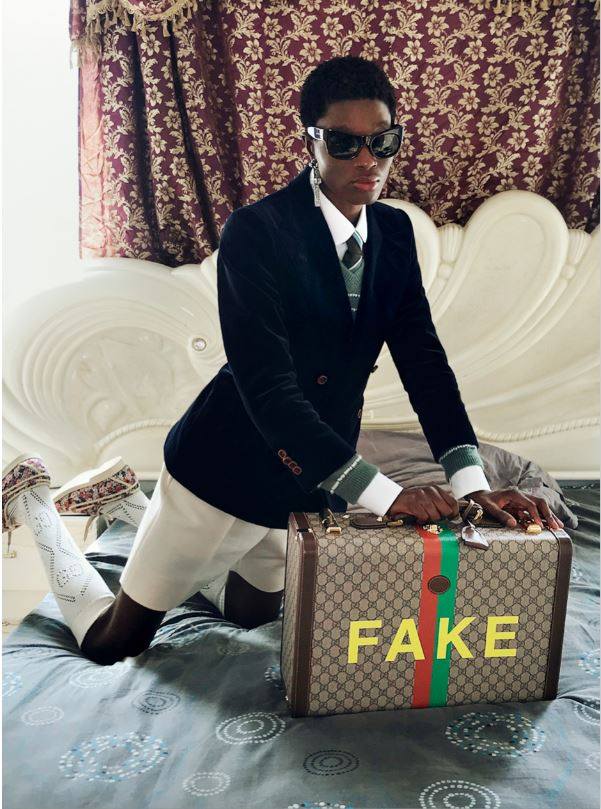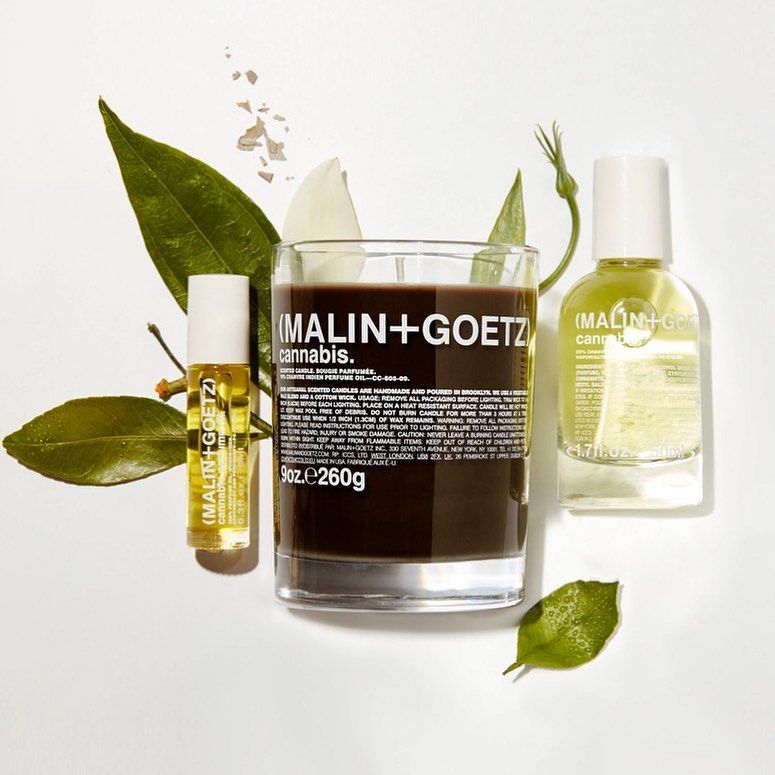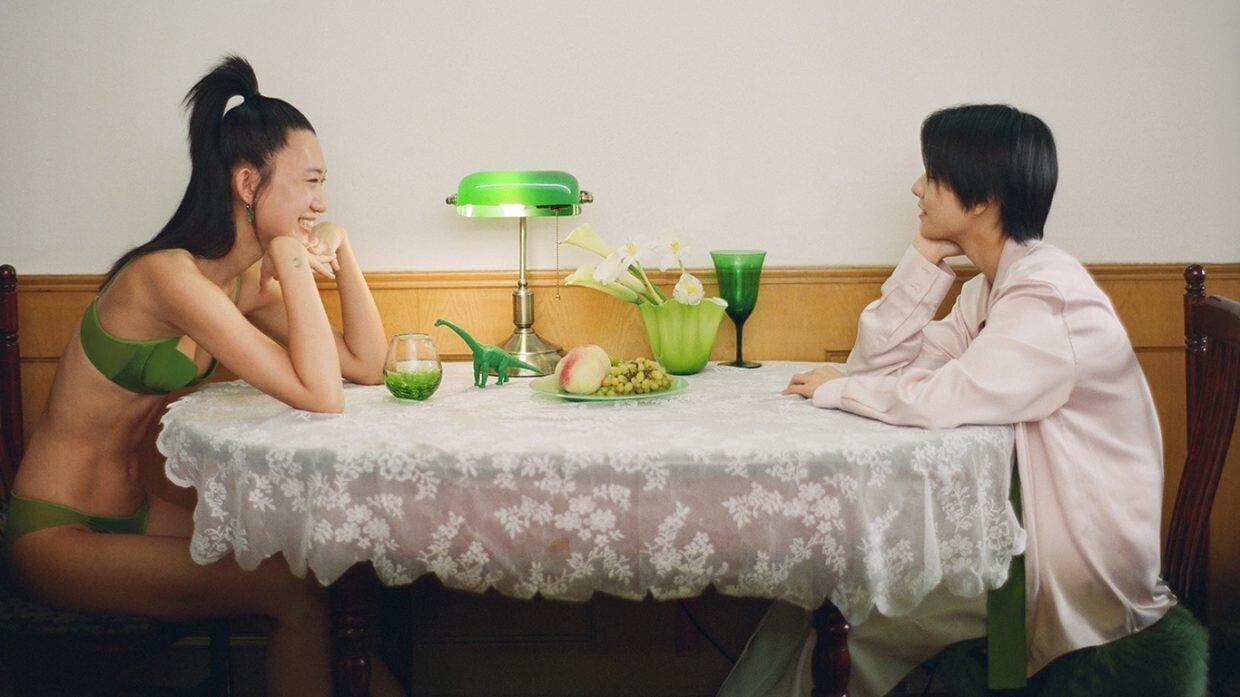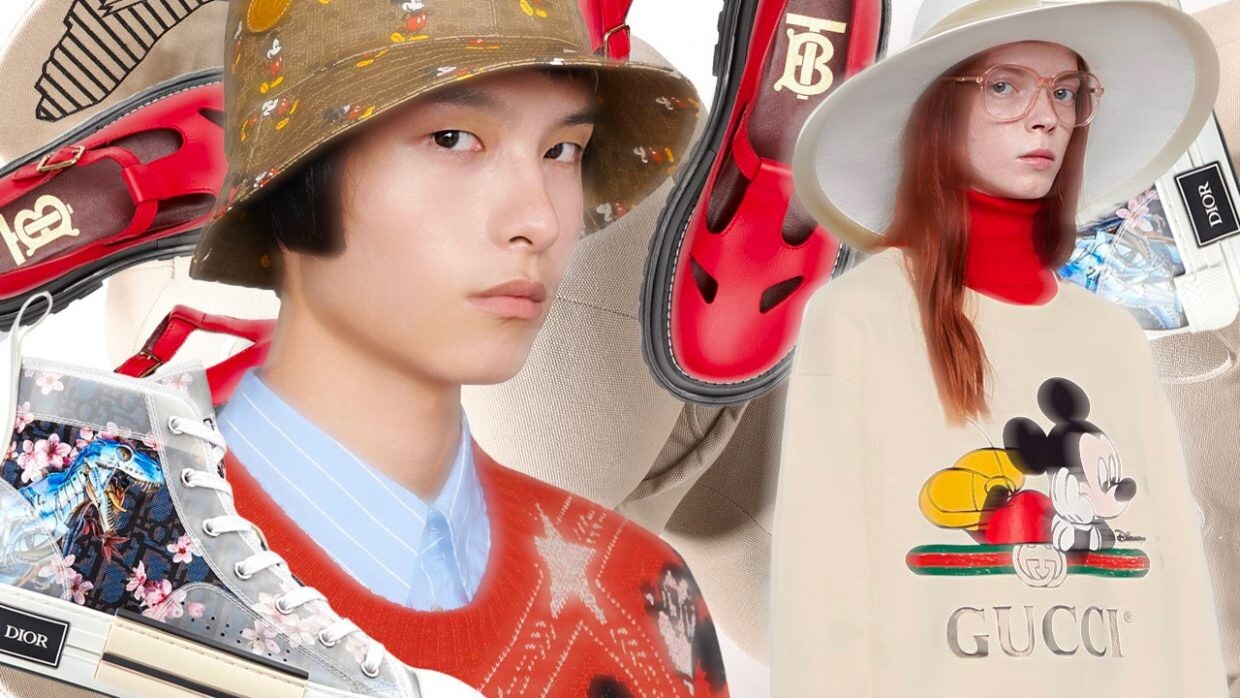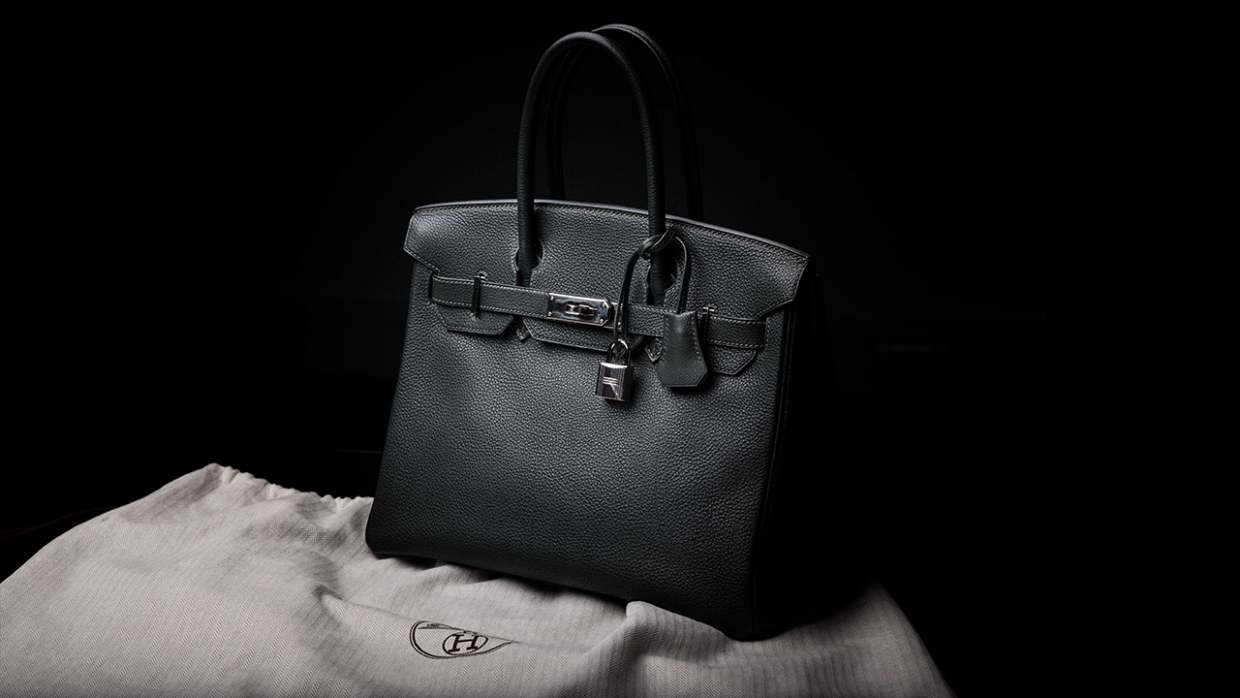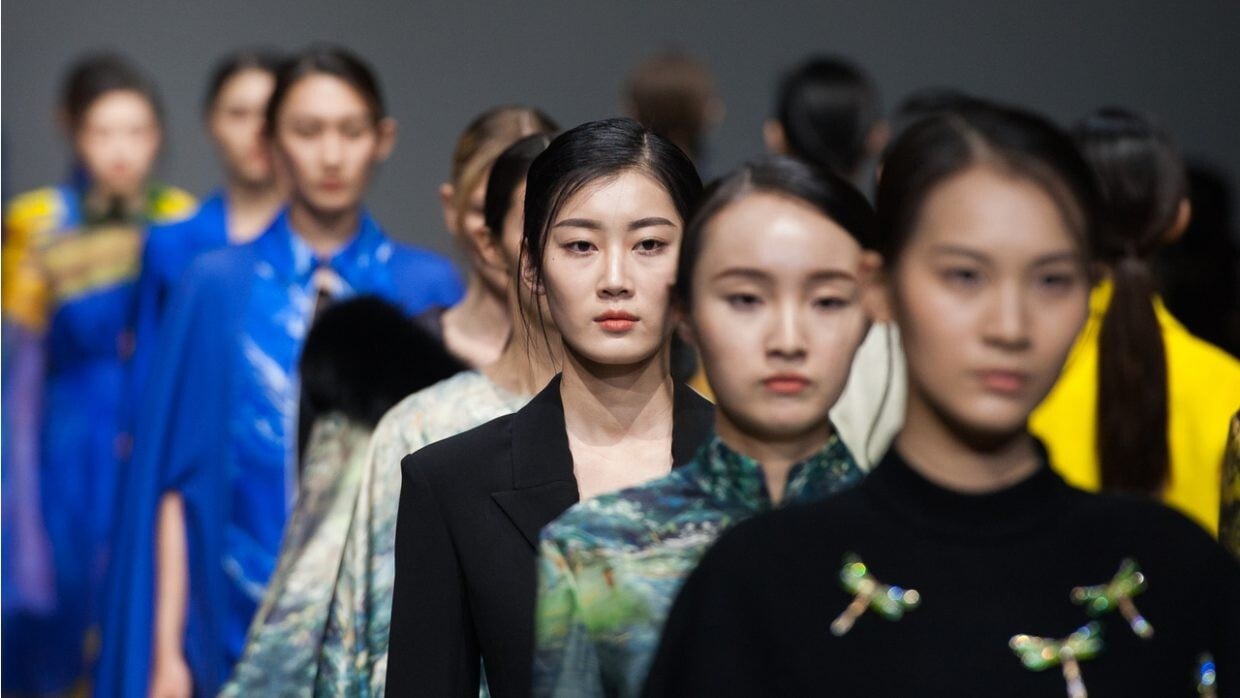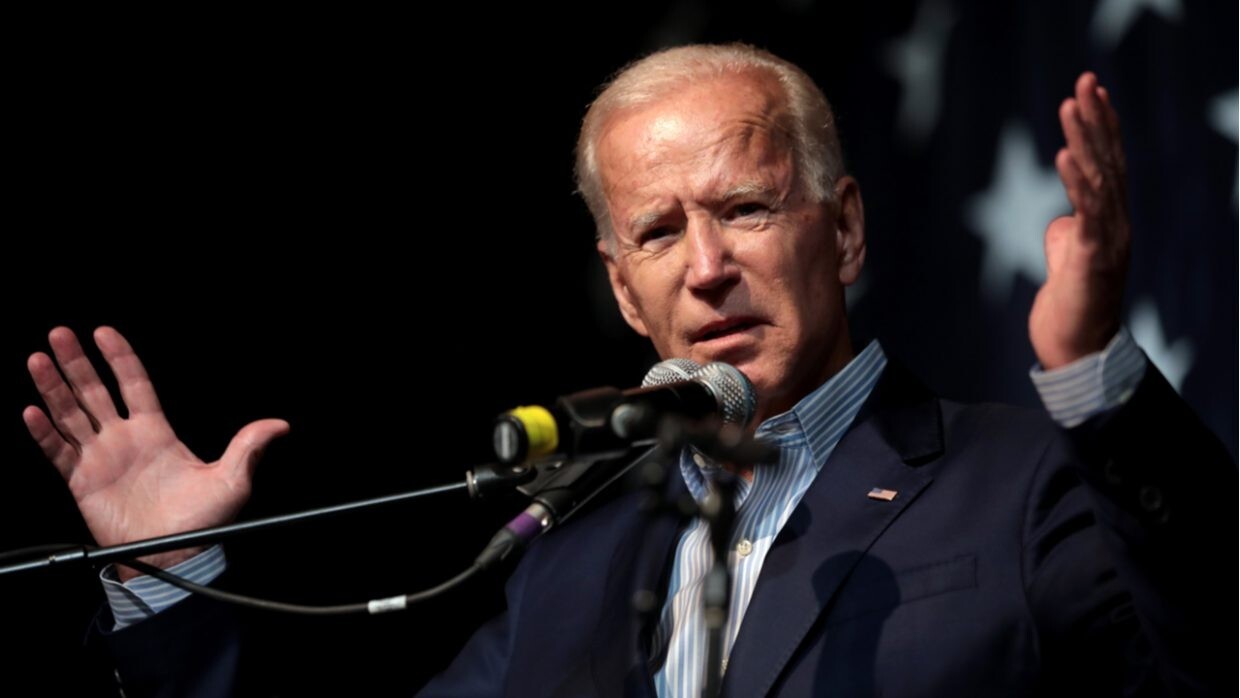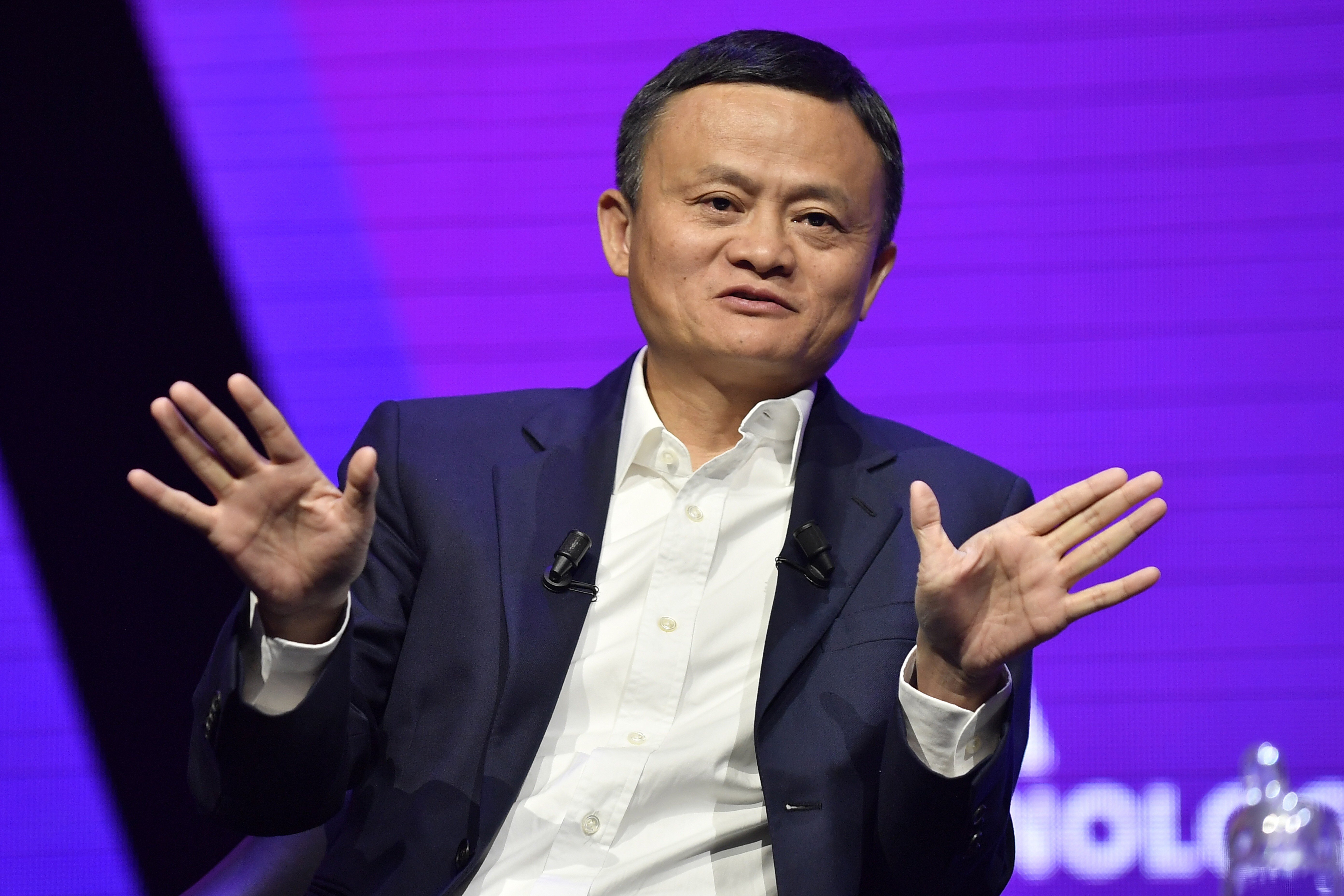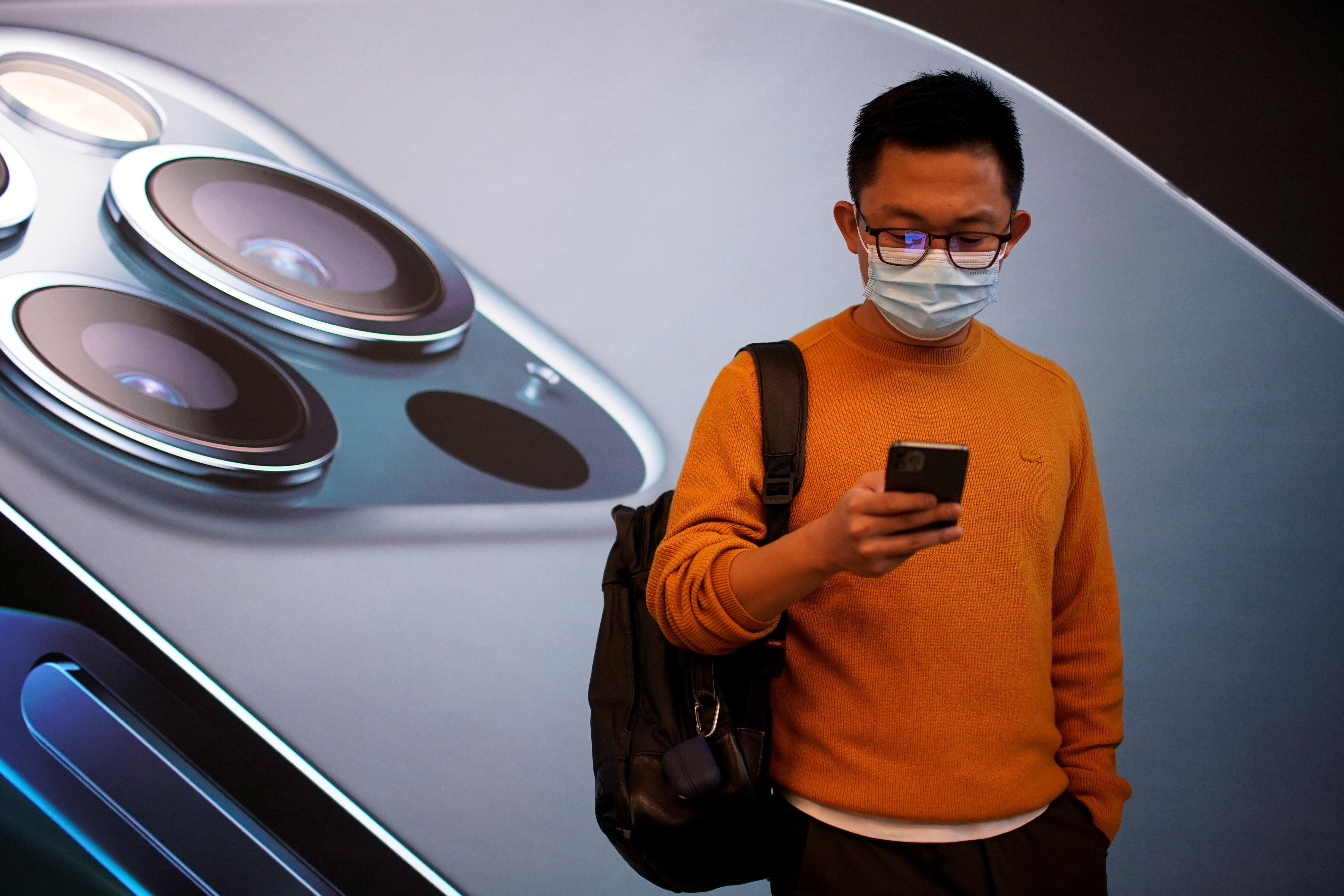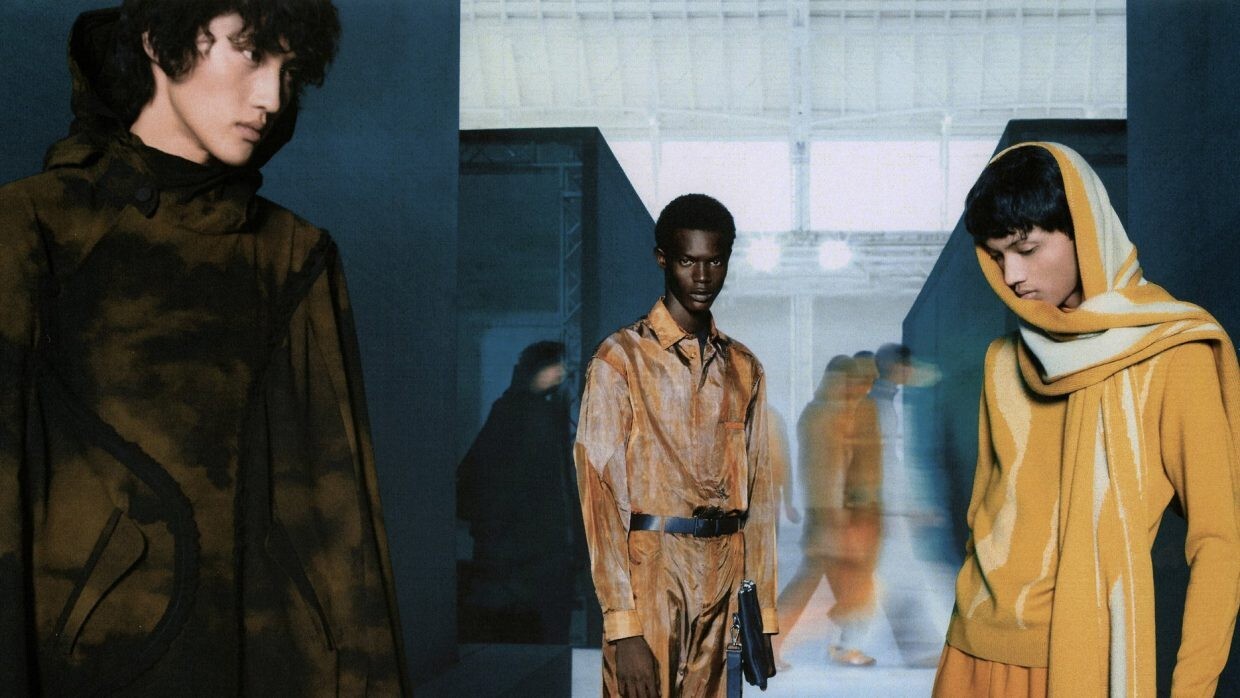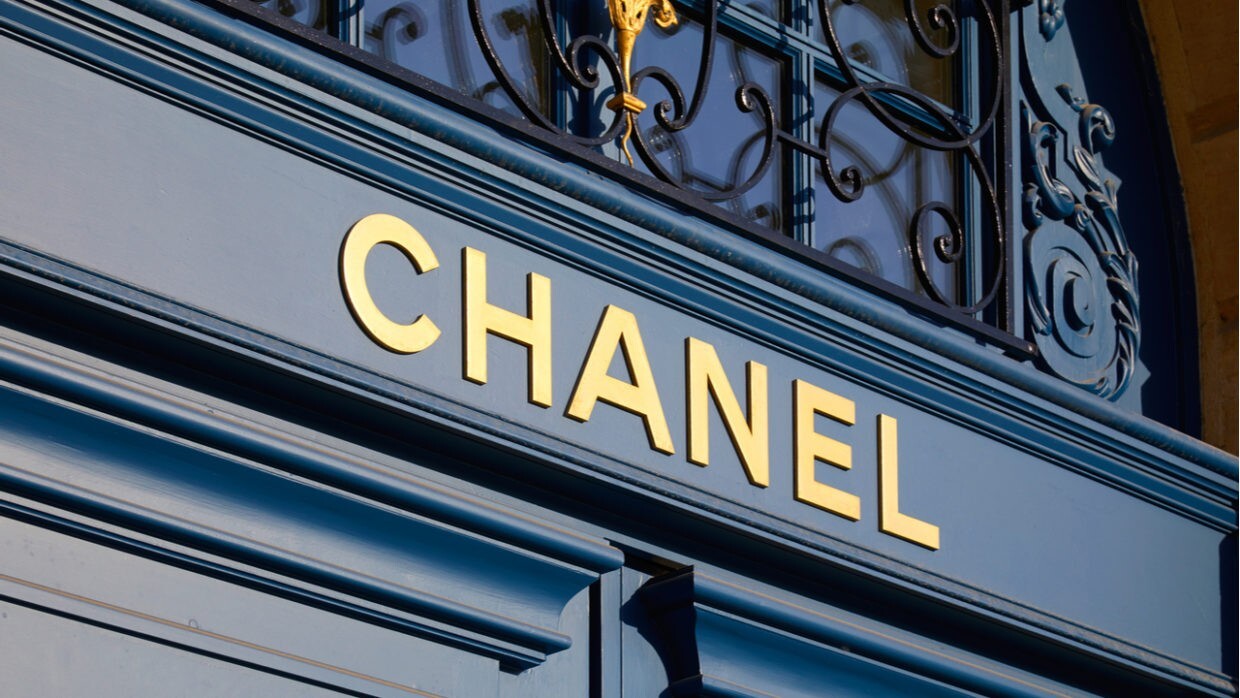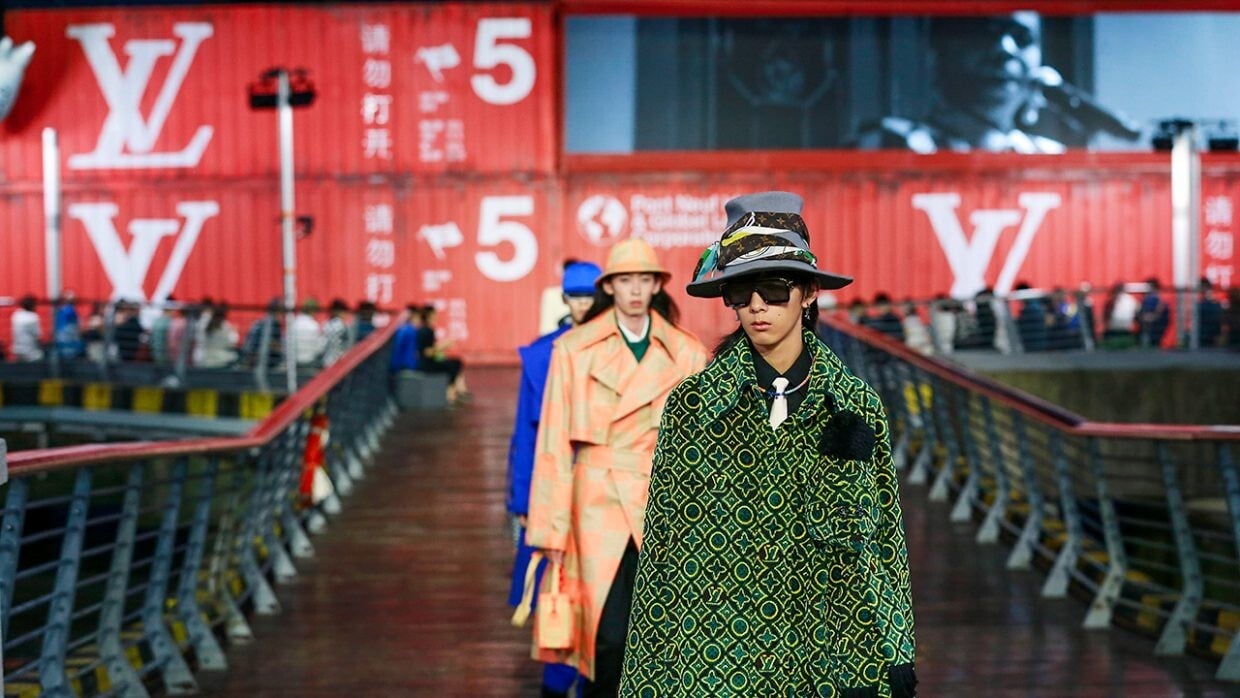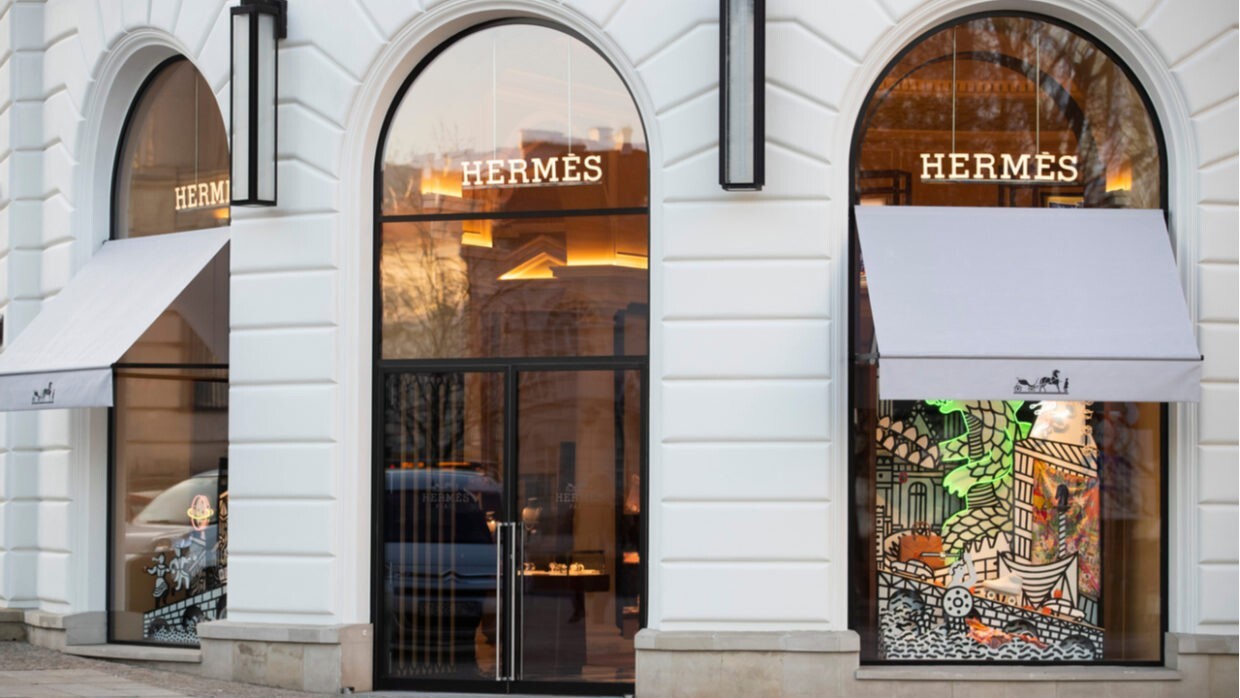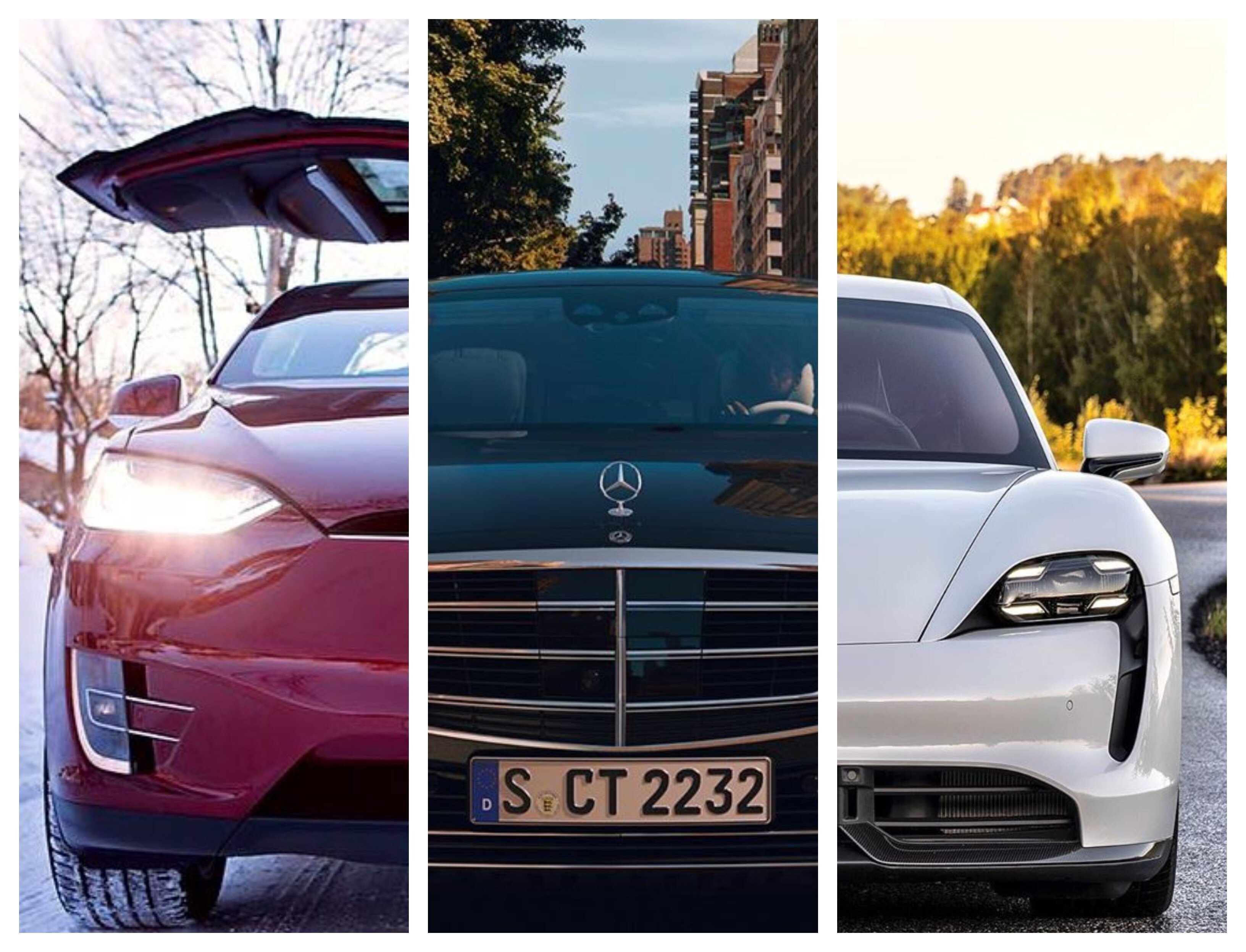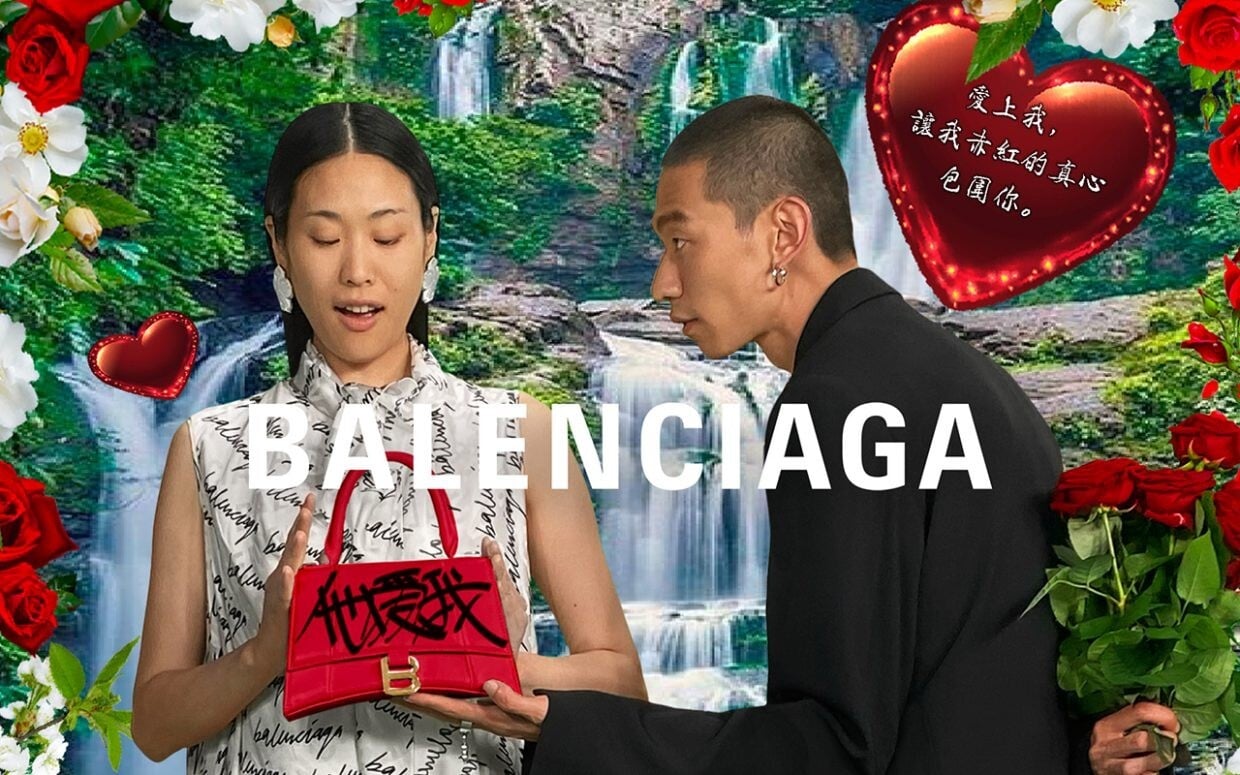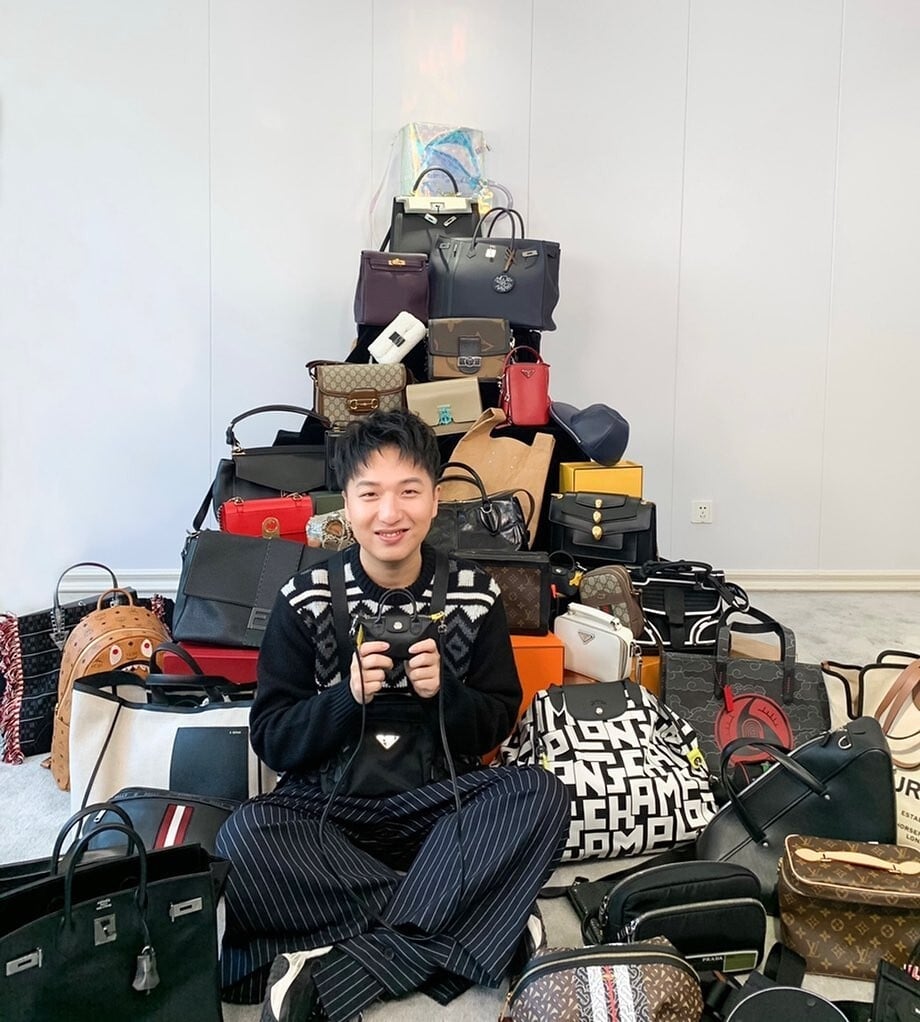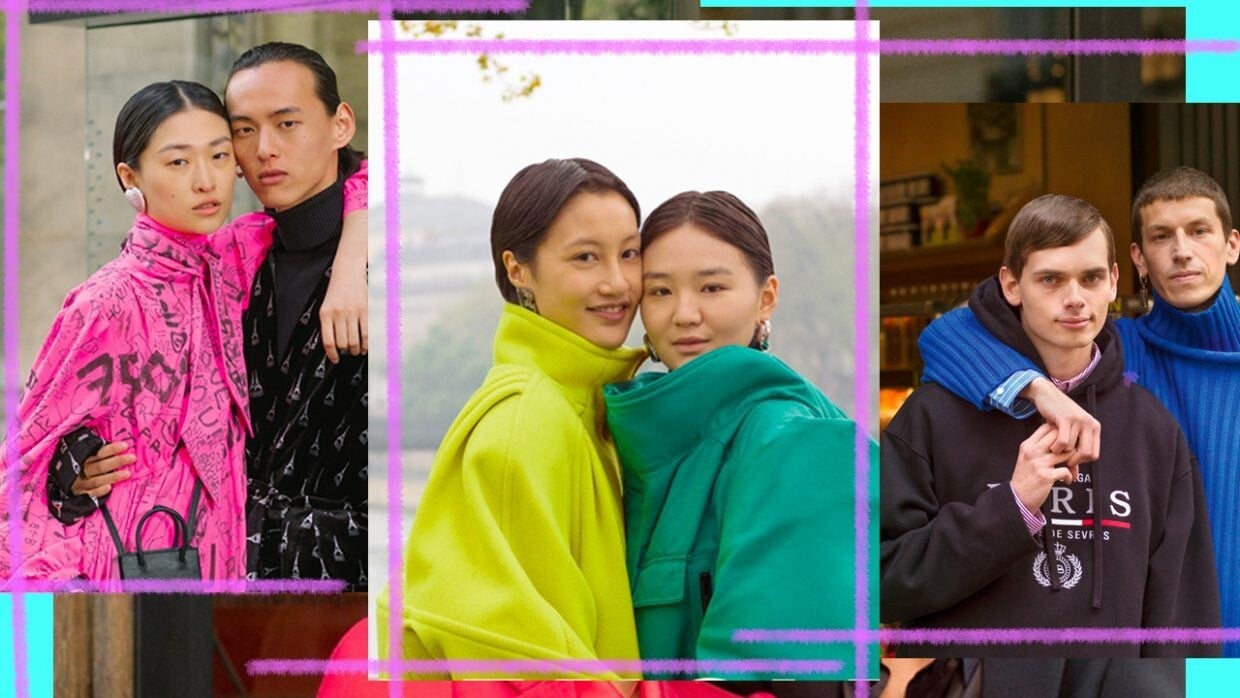Advertisement
Advertisement
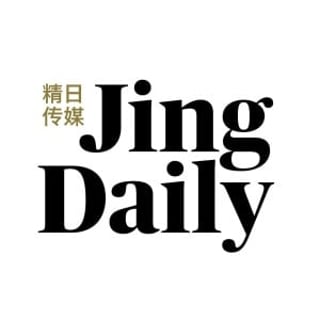
Jing Daily
Launched in 2009, Jing Daily is a leading digital publication on luxury consumer trends in China. Professionals seeking to understand China’s complex and rapidly evolving luxury industry look to Jing Daily for fresh and accurate insights. They publish up-to-the-minute news updates, reports on key trends, insights from leading industry figures, and in-depth analysis on this vitally important market.
Chinese state media has repeatedly criticised K-pop for its ‘feminising’ influence on young men – but now male stars and influencers are integrating fashion-forward women’s designs into their wardrobe
China’s pop and TV stars have legions of fans ready to splurge to support their idols, but scandals draw plenty of bad press … and even government crackdowns
The legendary handbags helped carry the brand to a better first quarter than LVMH and Kering, but Hermès continues to push the envelope by expanding into cosmetics
In today’s China, stars’ fans are quick to promote or to punish brands ... so companies must choose their ambassadors carefully and treat them well
Advertisement
When LVMH adopted a vibrant yellow for Tiffany instead of its signature robin’s egg blue on April Fool’s Day, it came as a shock – but could the switch win over Gen Z?
Gucci’s virtual Dionysus Bag with Bee recently sold for more than its IRL version – what else can we expect from virtual fashion, and will it really become a US$400 billion industry by 2025?
Chinese consumers were disappointed with his debut show for the brand, but now his creations are a hit among Chinese Gen Zers – so how did he do it, and what can we expect from him in future?
Well-educated consumers, with more choice than ever before, are looking for discretion, mindfulness and sustainability from the luxury sector
Are you a ‘dreamitator’ in disguise? Have you ever met a face saver or smart faker? These are the four types of consumers who lap up counterfeit brands – even if they can afford the real thing
CBD cosmetics are trending globally but China’s strict laws means millennials will miss out – despite the country being the world’s largest producer of hemp
Winning millennials over takes flexibility and sensitivity, as the likes of Adidas, Nike and Converse have recently found out – are controversy-free virtual KOLs the squeaky clean future of marketing?
Chinese women are shunning Uniqlo and Victoria Secret’s fussier bra styles, opting instead for the comfier, simpler models created by home-grown brands Bananain, Neiwai and Ubras
Can luxury brands like Versace and Burberry compete with the home-grown Chinese pet lifestyle companies championed by Xiaomi and others?
From flygskam (flight-shaming) and younger CEOs to lab-grown diamonds and boutiques with eye scanners – this is the future of luxury for brands like Louis Vuitton, Apple, Nike and more
Melania Trump and Nita Ambani’s favourite handbags hold their value ‘better than gold’ during Covid-19 – here’s why
The American jeweller will be the only non-European brand in the French behemoth’s stable – joining Louis Vuitton, Celine, Givenchy, et al – but the awkward match unites one big common goal
‘Over 50 per cent of models will be unemployed in the future’ predicts fashion producer and KOL Peter Xu, but it’s not all doom and gloom – e-commerce and the local fashion market still offer Chinese models homegrown opportunities for success
While Biden’s more socially progressive agenda appeals to many fashion brands, his more modest shifts on trade policy may make a less drastic difference to their bottom line
E-commerce giant Alibaba and Richemont have bought a billion-dollar stake in the London-based luxury site, pivoting the spotlight further towards China’s exploding luxury market
With Covid-19 in its second wave in the West, China’s economy has overtaken the US as the world’s largest – here are 12 things luxury brands should do to get ahead in 2021, according to experts
Netizens have slammed Apple’s latest smartphone and are increasingly turning towards domestic smartphone brands like Huawei, Xiaomi and Oppo – here’s why
The brand follows Zegna, Coach and Balmain by joining e-commerce platforms to exploit China’s growing millennial, male-centric marketplace
When it comes to the valuable Asian market, US brands don’t perform as well when not on home turf – right now, that could be a problem
Despite a growing millennial trend for homegrown labels, Gucci and Louis Vuitton are leading the battle to reestablish their market position after Covid-19
With fewer Chinese tourists traversing the globe due to Covid-19 travel restrictions, luxury brands have taken a major hit
In 2020, a game-changing electric car with touch screens represents luxury more than traditional tailored upholstery
Following in the footsteps of Dolce & Gabbana and Versace, Balenciaga is the latest Western brand to upset Chinese consumers – but did it really do anything wrong?
His monthly ‘Mr. Bags’ Bag Ranking’ can make or break the biggest luxury brands in China, but what is tastemaker Liang Tao’s all-time favourite female accessory?
Fashion has long suffered from a lack of diversity, but Farfetch, Kering and Richemont are making headway by appointing Chinese-born female executives to their boards
The vast majority of Chinese millennials and Gen Z are champions for shifting gender norms and modern relationships

